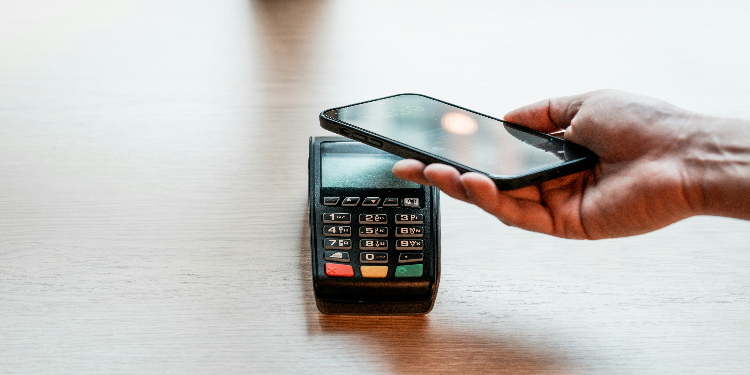NFC (Near-Field Communication) technology has brought about a silent new era of fewer contact transactions, thereby giving a new face to the payment industry. Contactless transactions, being faster and more convenient, use radio technology which enables the secure exchange of data between devices in proximity. Because of the recent proliferation of NFC-enabled smartphones and contactless-capable payment terminals, its usage for regular transactions has skyrocketed in the last couple of years. While there’s no denying that the emergence of NFC has given conventional payment systems a shake, one overarching question remains: is NFC ever going to replace cash altogether?
The answer to this question is determined by the complex interaction of consumer tastes, new technologies, and legal frameworks. Some think cash should be eliminated completely. Given that NFC has advantages in speed and convenience and is more secure, why should cash still be used? On the other hand, cash still has an important place in the modern economy due to its natural value and widespread accessibility. Cash is also the preferred payment option for those who believe that NFC poses a security threat. These aspects must be analyzed to gain a better understanding of how NFC could impact the future of transactions.
What is NFC?
NFC-supported devices can transmit data between devices by holding them within a few millimeters of each other. Devices transmit this technology using electromagnetic fields. NFC is multipurpose and has many potential uses. It’s applied to file sharing and the transmission of applications, contactless payment systems developed by Apple and Google, and access control to events and buildings. NFC technology has taken center stage in many industries due to its relative safety and increase in adoption rates.
Near-Field Communication Advantages
NFC technology provides several advantages, including the following:
Connecting to More Comprehensive Digital Environments
Next-generation contactless payment systems are an integral part of the wider digital ecosystem, and the gaming industry is just one more area of it. To illustrate the point, NFC-enabled cards in the Pokémon Trading Card Game (TCG) facilitate digital versions, trades, and collection tracking for players. Playing for real money at online casinos is also getting better thanks to NFC technology. You can make quick and safe deposits by simply tapping a finger on a smartphone or doing an over-wave with a wristwatch. This convenience makes them a great choice for iGaming. These different online casino deposit methods should be put into consideration when one is choosing an online casino to ensure smooth and enjoyable gameplay.
Heightened Safety
Increased safety is a major perk of near-field communication (NFC) payments compared to more conventional cash transactions. Encryption and tokenization are employed by mobile wallets and contactless cards to safeguard sensitive information. No retailer will ever see the customer’s real card number when they pay using NFC because each transaction is processed with a one-time unique code.
An additional safeguard is the biometric authentication that is available on many NFC-enabled devices. Facial recognition and fingerprint scanning are examples of such features. When compared to the dangers posed by misplaced or stolen real cards or cash, these characteristics are very beneficial.
Global Money Transfers Made Easy
Near Field Communication (NFC) technology has completely altered the way people buy things across borders. The days of relying on accurate conversion rates or carrying around large amounts of foreign currency are over. With near-field communication (NFC) payments, consumers may tap and pay in other countries without changing their currency, all because of international payment networks like Mastercard and Visa.
Younger generations, who have grown up in a more digitally connected and globalized society, find this convenience especially appealing.
Is Cash Finally on Its Way Out?
The rise of digital payment technologies has made cash somewhat obsolete after being the favorite form of trade for many centuries. According to the research conducted by the Federal Reserve, Americans have abandoned cash for quite a few years. The COVID-19 outbreak accelerated that shift to contactless payments. Rather than touching cash and coins, many shoppers prefer to tap their phones.
However, there are still completely cash-dependent individuals out there. Most of them live in regions where digital pay systems are minimal. Plus, many people prefer cash due to the privacy offered. Cash leaves no trace, while digital transactions are very traceable.
David Prior
David Prior is the editor of Today News, responsible for the overall editorial strategy. He is an NCTJ-qualified journalist with over 20 years’ experience, and is also editor of the award-winning hyperlocal news title Altrincham Today. His LinkedIn profile is here.













































































